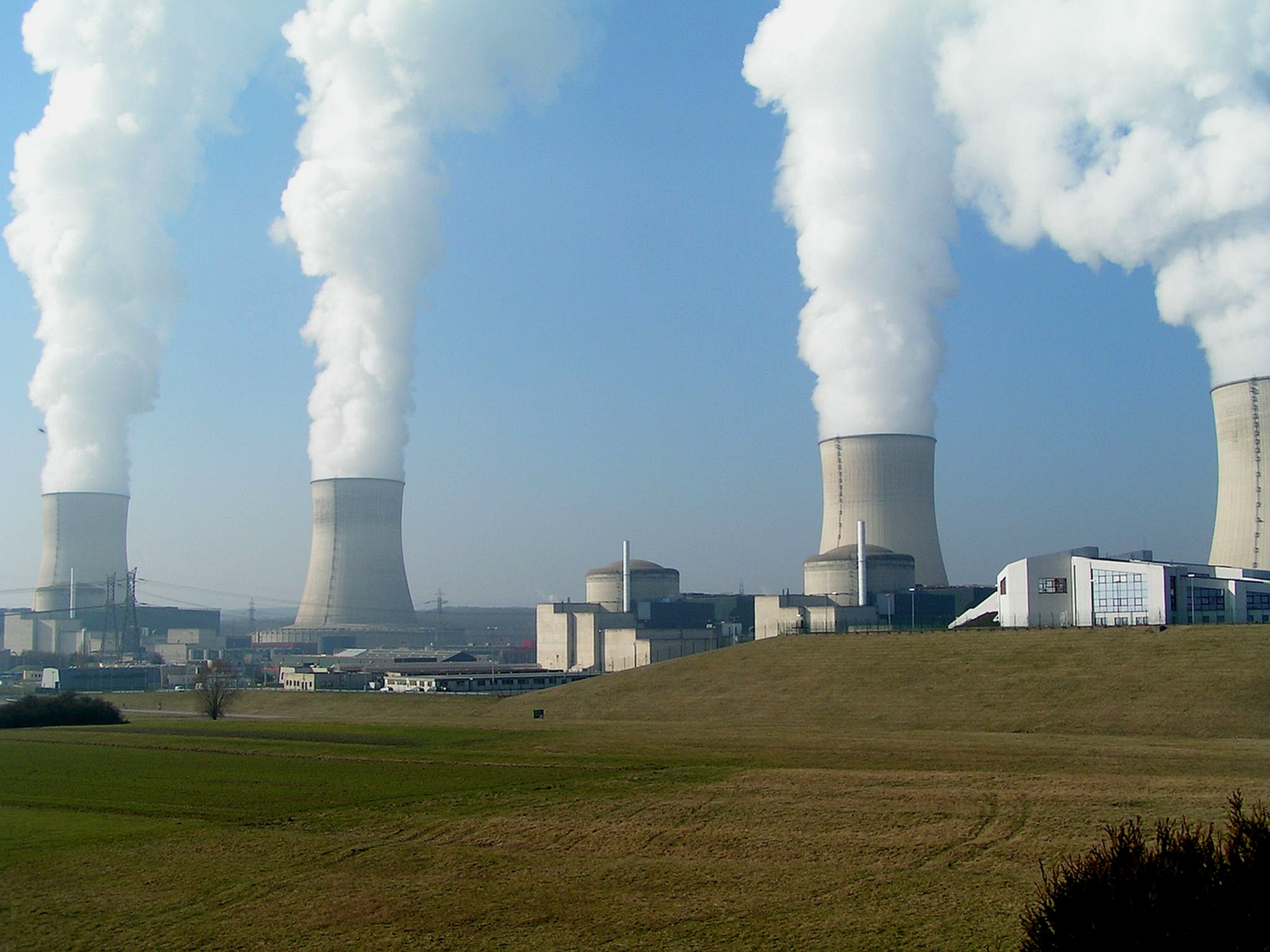The concept of a nuclear umbrella, rather reminiscent of the protective shelter it conjures in one’s imagination, is fundamentally entwined with the principles of international relations, military strategy, and the broader spectrum of nuclear deterrence. What if, within a framework designed to protect nations, the very essence of such an arrangement contained latent complexities deserving of deeper scrutiny? This article endeavors to explore the multifaceted dimensions of the nuclear umbrella, its historical genesis, strategic implications, and the potential challenges it evokes in contemporary geopolitics.
To commence, the term “nuclear umbrella” refers to a protective strategy wherein a nuclear-armed state extends its deterrence capabilities to an allied nation that does not possess its own nuclear arsenal. The foundational tenet of this strategy is the assurance of protection against potential aggressors, thereby mitigating the chances of hostile confrontation. Primarily, this has been observed prominently in alliances, most notably under the aegis of the North Atlantic Treaty Organization (NATO) and American commitments to defend its allies in Asia, such as Japan and South Korea.
Historically, the genesis of the nuclear umbrella can be traced back to the Cold War era. The relentless arms race between the United States and the Soviet Union propelled the necessity for extended deterrence as an essential diplomatic and military strategy. With the proliferation of nuclear weapons during this period, the stakes escalated—a nuclear exchange could lead to cataclysmic consequences not only for the nations involved but for humanity as a whole. Thus, the nuclear umbrella emerged as a stabilizing force, ostensibly serving dual purposes: deterring adversaries and reassuring allies.
One vivid illustration of this strategy can be seen in the United States’ commitments to protect Europe post-World War II. The establishment of NATO in 1949 signified a collective defense strategy, where an attack on one member would be perceived as an attack on all. The provision of a nuclear deterrent became instrumental in shaping European security dynamics, influencing the calculus of potential aggressors, and reinforcing the resolve of allied nations.
However, the efficacy of the nuclear umbrella is not without contention. As geopolitical landscapes morph and develop, the very concept of deterrence faces challenges. One might ponder: Does the nuclear umbrella truly deter aggression, or does it inadvertently create a sense of complacency among allied nations, fostering an environment where they might feel less compelled to bolster their own defense capabilities? This question exposes a paradox at the heart of the nuclear umbrella— a balance between dependence on a powerful ally and the imperative of self-reliance.
In addition to strategic implications, the nuclear umbrella raises ethical and moral dilemmas. The implicit threat of mutual destruction encapsulated within the notion of nuclear deterrence often invites scrutiny. From a philosophical standpoint, is it ethically justifiable to maintain a policy predicated on the preparedness to annihilate vast swathes of humanity as a means of preserving peace? This conundrum prompts a reevaluation of the principles underlying national security strategies and their ramifications.
Moreover, the dynamics of nuclear proliferation further complicate the landscape surrounding the nuclear umbrella. Nations such as North Korea and Iran have compelled many states to reassess their security trajectories. The aspiration for nuclear capabilities has shifted the focus from disarmament to deterrence, creating a precarious balance in global stability. This proliferation poses an existential threat not only to the regional security of neighboring states but also to the tenets of the nuclear umbrella itself. If some nations acquire nuclear weapons, does it weaken the deterrent effect for those relying on the nuclear umbrella?
Additionally, technological advancements continue to reshape the efficacy of nuclear deterrence mechanisms. The advent of hypersonic missiles, cyber warfare, and advanced missile defense systems introduces a new layer of complexity to military strategy. Can a nuclear umbrella remain effective in an era where the speed and precision of warfare have transcended traditional paradigms? These advances challenge the assumptions underpinning the nuclear umbrella and evoke the need for recalibration of defense policies.
Another dimension worth exploring is the potential psychological impact of relying on a nuclear umbrella. For nations, the mental calculus of deterrence may provide a false sense of security, potentially emboldening aggressive posturing. Allied countries, comforted by the protective blanket of a nuclear-armed partner, may engage in risky behavior, inadvertently destabilizing regional dynamics. This behavior is akin to a double-edged sword, which can either embolden or dissuade unwarranted aggression.
As we explore these multifaceted dimensions, one must not neglect the diplomatic implications entailed by nuclear umbrellas. The prospect of nuclear extended deterrence often necessitates intricate negotiations, forging alliances that are fraught with challenges, including differing national objectives, diplomatic tensions, and varying threat perceptions. In this respect, states must navigate a labyrinth of international relations, balancing national interests with collective security initiatives.
In conclusion, the nuclear umbrella stands as a significant pillar of contemporary military and diplomatic strategy, bearing implications that extend beyond mere deterrence. While it ostensibly provides a protective shield against potential aggressors, one cannot ignore the layers of complexity it enfolds—issues of ethical considerations, proliferation concerns, technological advancements, and psychological dynamics interlace to form a challenging milieu. As nations continue to navigate this intricate landscape, pondering the efficacy and morality of the nuclear umbrella remains an essential task for scholars, policymakers, and global citizens alike.












